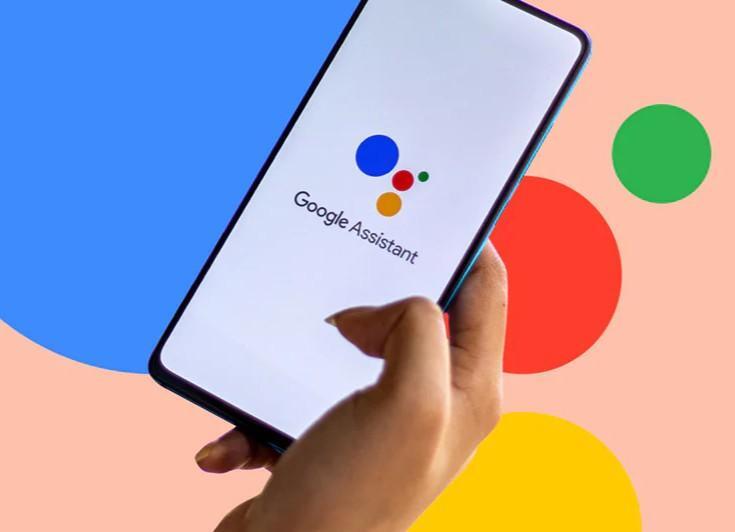
Google to Replace Assistant with Gemini this Year after a Decade
In a significant move, Google has announced its plans to replace its nearly a decade-old Assistant with AI-powered Gemini later this year. The classic Google Assistant will no longer be accessible on most mobile devices or available for new downloads on mobile app stores. Additionally, devices like headphones and watches will also be upgraded to Gemini.
For over a decade, Google Assistant has been the go-to virtual assistant for millions of users worldwide. It has been integrated into various devices, including smart speakers, smartphones, and smartwatches, allowing users to perform a range of tasks, from setting reminders to controlling smart home devices. However, with the rapid advancements in artificial intelligence (AI) and machine learning, Google has decided to retire its classic Assistant and replace it with a more advanced and powerful AI-powered Gemini.
Gemini, which is built on top of Google’s generative AI technology, is designed to provide more accurate and personalized responses to users’ queries. It uses a combination of natural language processing (NLP) and machine learning algorithms to understand the context and intent behind users’ requests, allowing it to provide more human-like responses.
According to Google, Gemini is capable of understanding complex queries and providing detailed responses. It can also learn from users’ interactions and adapt its responses accordingly. Additionally, Gemini is designed to be more conversational and intuitive, allowing users to interact with it in a more natural and human-like way.
The decision to replace the classic Google Assistant with Gemini is a significant one, and it marks a major shift in the way Google approaches AI-powered virtual assistants. While the classic Assistant has been a reliable and effective tool for many users, Gemini promises to take virtual assistants to the next level with its advanced AI capabilities.
So, what can users expect from Gemini? For starters, Gemini is designed to be more conversational and intuitive, allowing users to interact with it in a more natural and human-like way. It can understand complex queries and provide detailed responses, making it ideal for users who need more precise and accurate information.
Gemini is also designed to be more personalized, allowing it to learn from users’ interactions and adapt its responses accordingly. This means that users can expect to receive more relevant and tailored responses from Gemini, making it a more effective tool for managing daily tasks and routines.
In addition to its conversational and personalized features, Gemini is also designed to be more secure and private. Google has implemented advanced security measures to ensure that users’ data and conversations are protected, giving users peace of mind when interacting with Gemini.
The retirement of the classic Google Assistant is not expected to have a significant impact on most users, as the new Gemini will be seamlessly integrated into existing devices and platforms. However, users who are currently using the classic Assistant will need to upgrade to Gemini to continue accessing its features and capabilities.
In conclusion, Google’s decision to replace its classic Assistant with AI-powered Gemini marks a significant milestone in the development of virtual assistants. With its advanced AI capabilities, conversational interface, and personalized features, Gemini is poised to revolutionize the way users interact with AI-powered devices. As the world becomes increasingly dependent on virtual assistants, Gemini is expected to play a major role in shaping the future of AI-powered technology.






